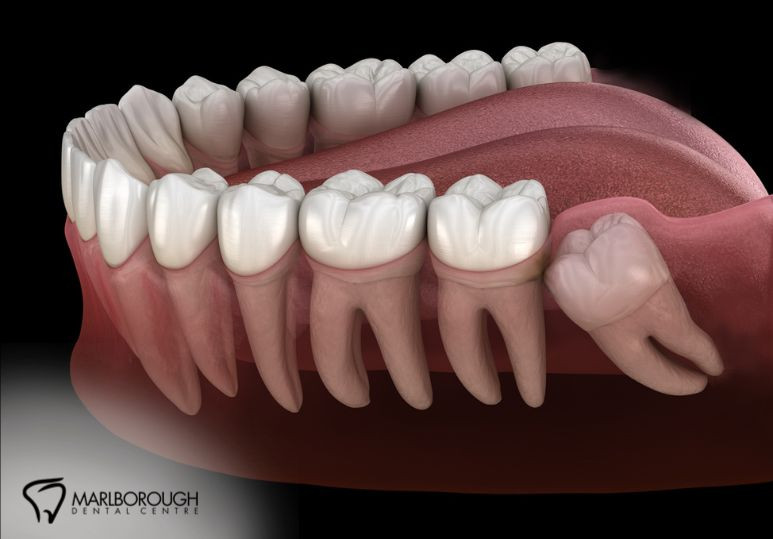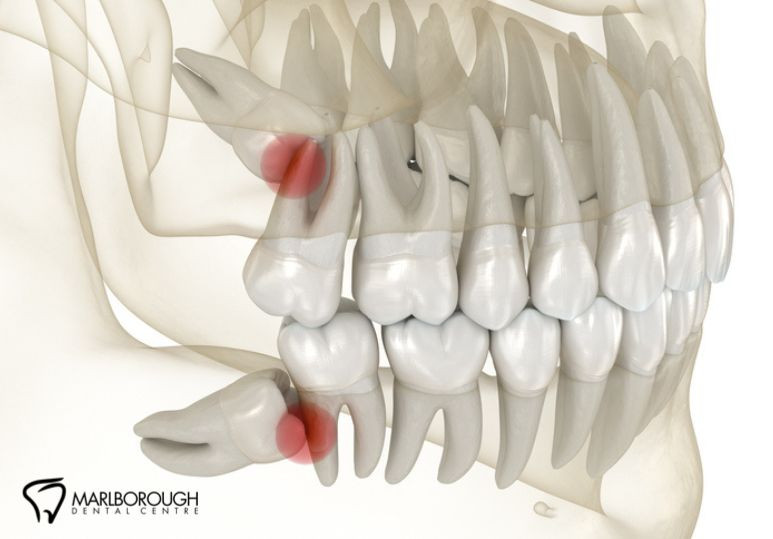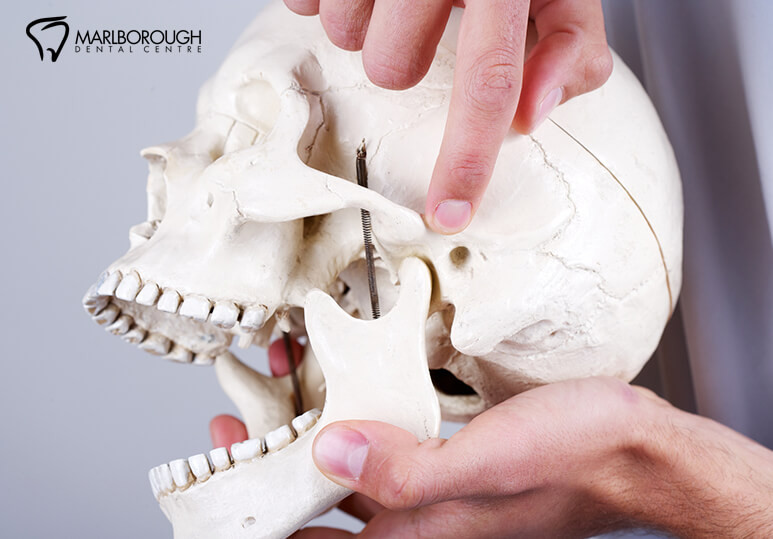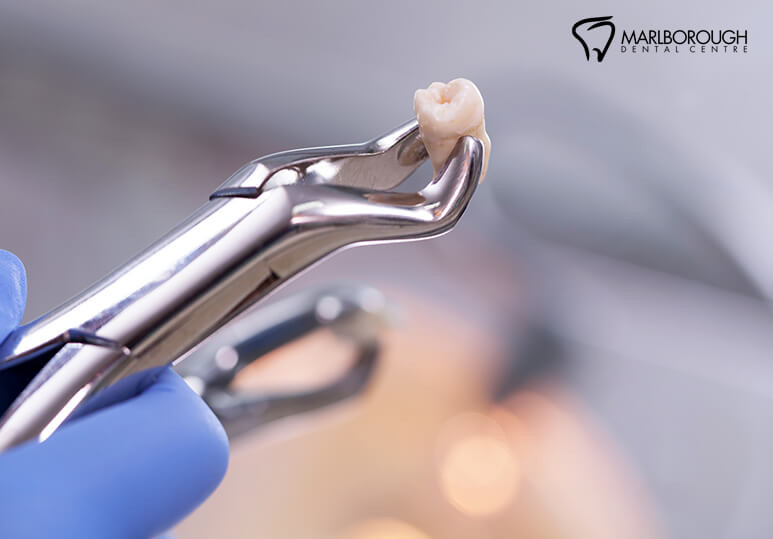Wisdom Teeth Blog Articles
- Jun 05, 2025
- Dr. Michael Popp
5 Signs Your Wisdom Teeth Need to Be Removed (Before They Cause Problems)
Don’t Ignore the Warning Signs Wisdom teeth can appear without causing any issues for some, but for many, they create problems that disrupt overall oral health. At Marlborough Dental Centre in Calgary, we often encounter patients who are. . .
- Nov 28, 2024
- Dr. Michael Popp
Signs You Need Wisdom Teeth Removal: Is It Time?
Wisdom teeth often begin to emerge in the late teens or early twenties, but not everyone experiences problems with them. However, for many, wisdom teeth can lead to pain, crowding, infection, or even changes in alignment, making their removal. . .
- Mar 07, 2024
- Dr. Michael Popp
Navigating Complications and Pain Management Post-Wisdom Teeth Removal
Wisdom teeth removal is a common dental procedure aimed at alleviating pain, preventing overcrowding, and addressing impacted teeth. While the procedure itself is typically straightforward, the recovery process can vary significantly from person to. . .
- Aug 17, 2023
- Dr. Michael Popp
Do I Need Wisdom Teeth Removal? Signs and Indications to Consider
Wisdom teeth, also known as third molars, are the last set of molars that typically emerge in late adolescence or early adulthood. While some individuals may have enough space in their jaw to accommodate these additional teeth, many people. . .
- May 05, 2022
- Dr. Michael Popp
What To Expect During And After A Tooth Extraction
Tooth Extraction: The Prep, The Procedure, And The Recovery Before Tooth Extraction Your dentist will have a discussion with you about any preexisting conditions or medications you are taking. This is necessary since you may need to take. . .
- Dec 22, 2021
- Dr. Michael Popp
Understanding the Difference Between TMJ And TMD
TMJ Versus TMD Temporomandibular Joint. The temporomandibular joint (TMJ) is the small, delicate joint that connects the jawbone (the mandible) to the skull (the temporal bone). Although this joint is small, it is vital to the function of the. . .
- May 12, 2021
- Dr. Michael Popp
5 Reasons Why Wisdom Teeth Need To Be Removed
Wisdom teeth are the third molars located in the very back of your mouth and are often the last permanent teeth to develop and erupt for most humans. It is possible to have less than 4 molars, more than 4, or none at all! Not everyone needs to get. . .
- May 04, 2021
- Dr. Michael Popp
How To Prepare Your Teen For Wisdom Teeth Removal
Wisdom teeth tend to appear in dental X-rays during the mid-teens and may or may not emerge from the gums around this period. The need to remove wisdom teeth will be determined by a dental professional. Extractions will likely be needed if a. . .

.jpg)






